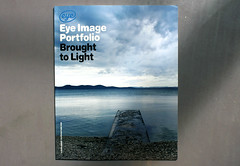Feature

Do they know it’s communication?
A decade after signing First Things First 2000, Bob Wilkinson tested his design principles by volunteering for a two-year placement in Nigeria.
Golden age?
The digital revolution still fuels a creative explosion in the way type is made and sold. Twelve practitioners take stock of the Zeitgeist

